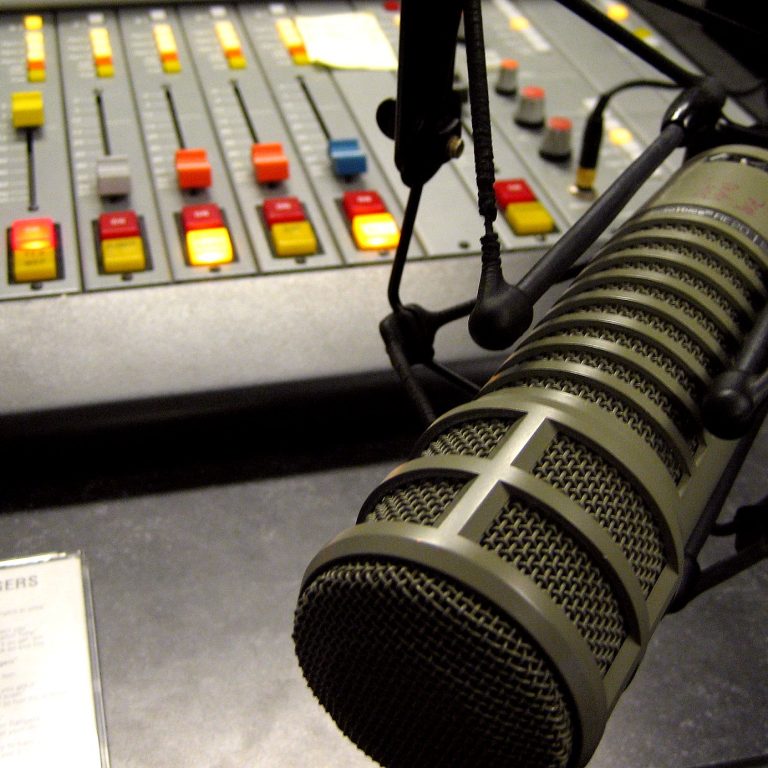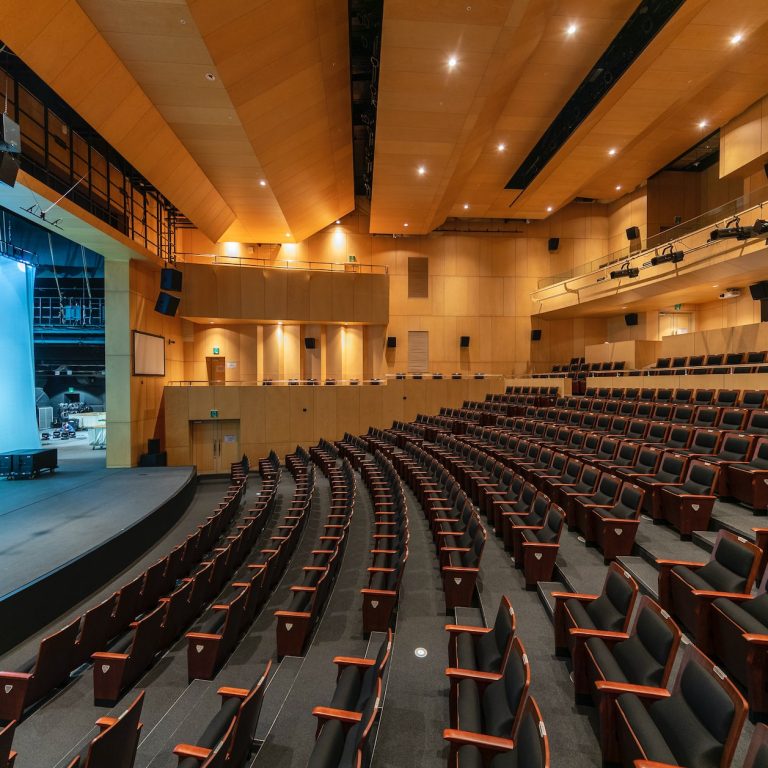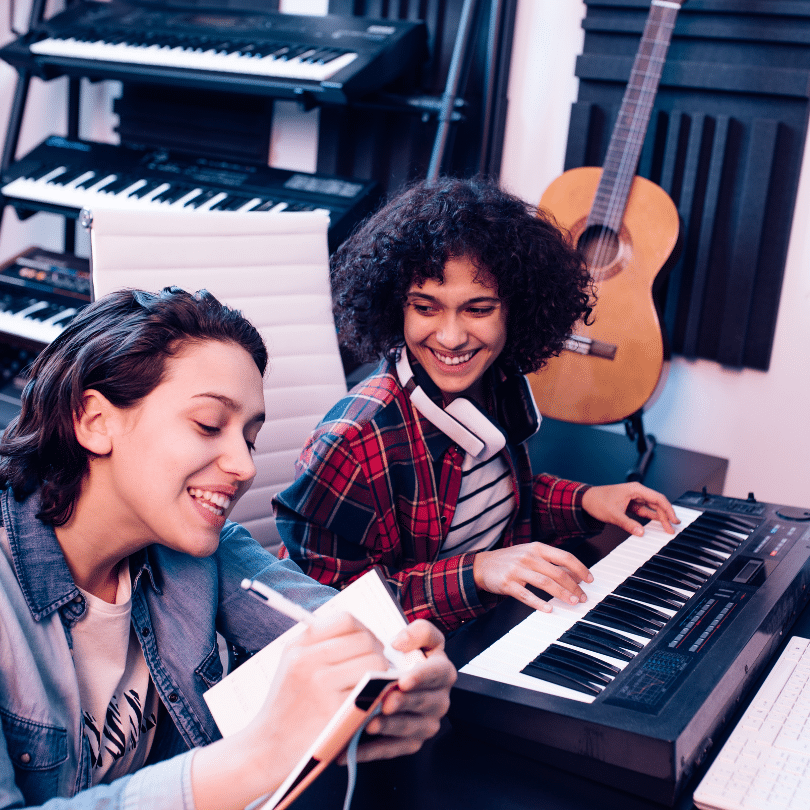A song copyright, also known as a musical composition copyright, is a legal protection that grants exclusive rights to a songwriter or composer over their original musical work. It gives the songwriter or creator the sole authority to reproduce, distribute, perform, display, and make derivative works of their song. This copyright protection ensures that others cannot use, profit from, or claim ownership over the original musical composition without obtaining permission or proper licensing from the copyright owner.
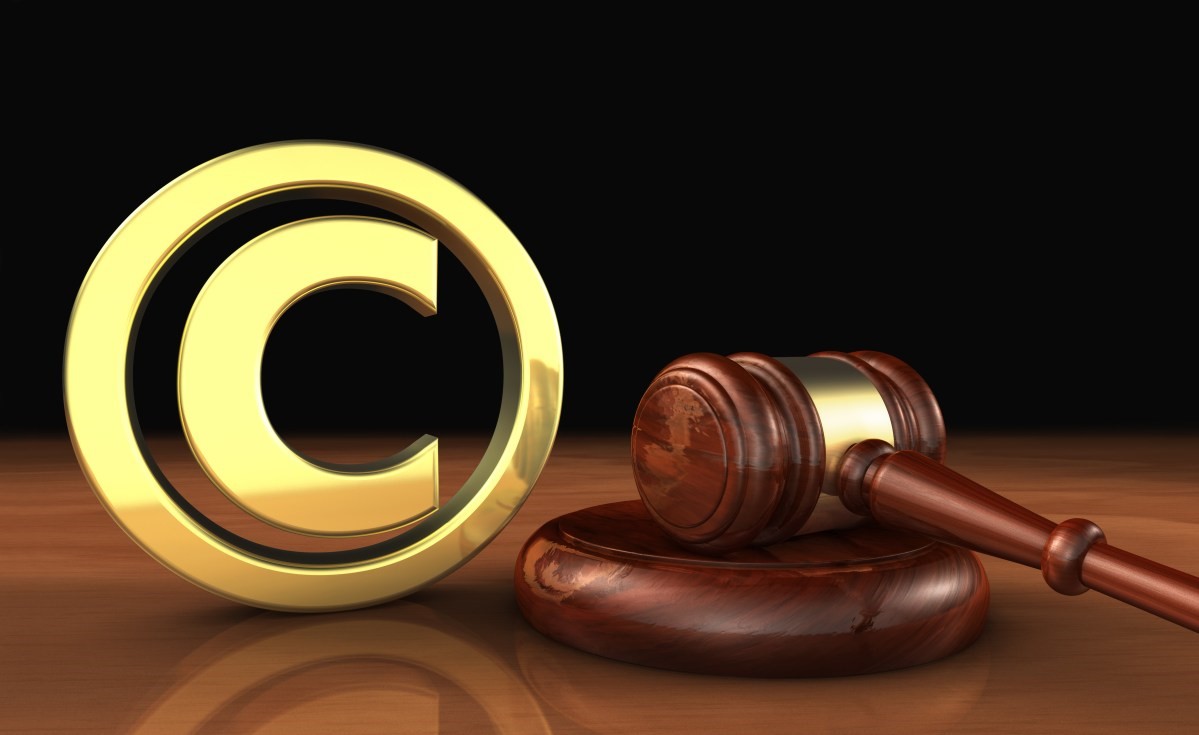
Copyright Act is a piece of legislation that grants exclusive rights to creators and owners of original works, allowing them to control and profit from their creations. It protects literary, artistic, musical, and other creative works by giving creators the right to reproduce, distribute, display, perform, and create derivative works based on their original creations.
The main purpose of copyright law is to encourage creativity and innovation by providing creators with economic incentives and protections for their works. It allows creators to retain control over their creations, ensuring that they are credited for their work and are able to financially benefit from its use.
Under the Copyright Act, copyright protection is automatically conferred to original works as soon as they are created and fixed in a tangible form, such as a written manuscript, a painting, or a digital recording. This means that creators do not have to register their works or include a copyright symbol to enjoy copyright protection. However, registering a copyright with the relevant copyright office may provide additional legal benefits and evidentiary support in case of disputes.
The duration of copyright protection typically lasts for the creator’s lifetime plus an additional period after their death. In many countries, this duration is set for 70 years after the creator’s death. After the copyright term expires, the work enters the public domain and can be freely used, distributed, and modified by anyone without the need for permission or payment.
The Copyright Act also includes several exceptions and limitations to copyright, such as fair use or fair dealing provisions that allow for the limited use of copyrighted works without permission for purposes such as criticism, comment, news reporting, teaching, scholarship, and research. Additionally, it addresses issues related to digital rights management, online infringement, and the liability of internet service providers.
Enforcement of copyright is done through legal mechanisms, including civil actions against infringers, seizure of infringing copies, and injunctions. In some cases, copyright infringement can also carry criminal penalties.
Overall, the Copyright Act plays a vital role in promoting creativity, protecting creators’ rights, and balancing the interests of creators, users, and society as a whole in the realm of intellectual property.
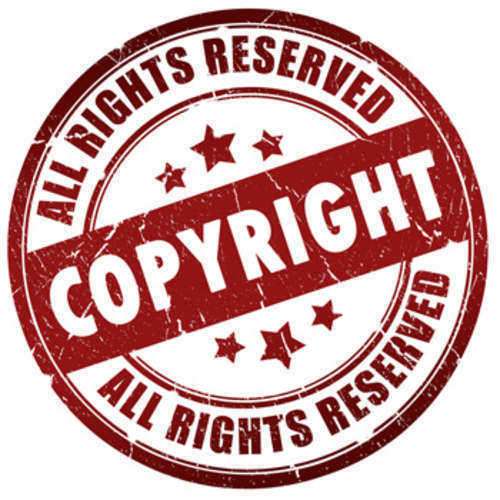
To obtain musical composition copyright, you need to follow these general steps:
Create the song: Write the lyrics and compose the music for your original song.
Fix the work in a tangible form: Record your song, either as sheet music or in a recorded format (audio or video). This fixed form is necessary to establish evidence of your creation.
Register with the copyright office: You can register your musical composition copyright with the copyright office in your country. In the United States, you can do this online through the Copyright Office’s website (copyright.gov). Fill out the necessary copyright application form and pay the required fees.
Submit the required documents: Along with the application form, you may need to submit copies of the lyrics, melody, and any other relevant details of your song. Check the specific requirements of your country’s copyright office to ensure you include all the necessary materials.
Copyright certificate: If your application is approved, you will receive a copyright certificate, officially recognizing your ownership of the musical composition. This certificate serves as evidence of your copyright.
It is worth noting that copyright protection may automatically exist as soon as you create the song, even without registration. However, registering your copyright provides additional legal advantages and proof of ownership in case of any disputes or legal issues.
Consulting with a copyright attorney or seeking legal advice regarding the copyright registration process is recommended to ensure compliance with applicable laws and regulations in your jurisdiction.
As the owner of a musical composition’s copyright, you have exclusive rights to the following:
Reproduction: You have the right to make copies of your musical composition and distribute them in any physical or digital format.
Distribution: You have the right to control the distribution of your musical composition, including the sale, rental, or lending of copies.
Public Performance: You have the right to control the public performance of your musical composition, which includes live performances, broadcasting, streaming, and playing your composition in public settings.
Adaptation: You have the right to create derivative works based on your musical composition. This includes making arrangements, remixes, or adaptations of your composition.
Display: If your musical composition includes any visual elements (such as sheet music with accompanying artwork), you have the right to control the public display of these visual elements.
These rights enable you to protect your work from unauthorized use, reproduction, distribution, or adaptation by others. It’s important to note that these rights are subject to limitations and exceptions, such as fair use provisions, which allow for certain limited uses of copyrighted material without explicit permission.
Remember that the rights granted by a copyright are exclusive, meaning no one else can exercise them without your permission, unless permitted by law or under specific licensing agreements you may choose to enter into.
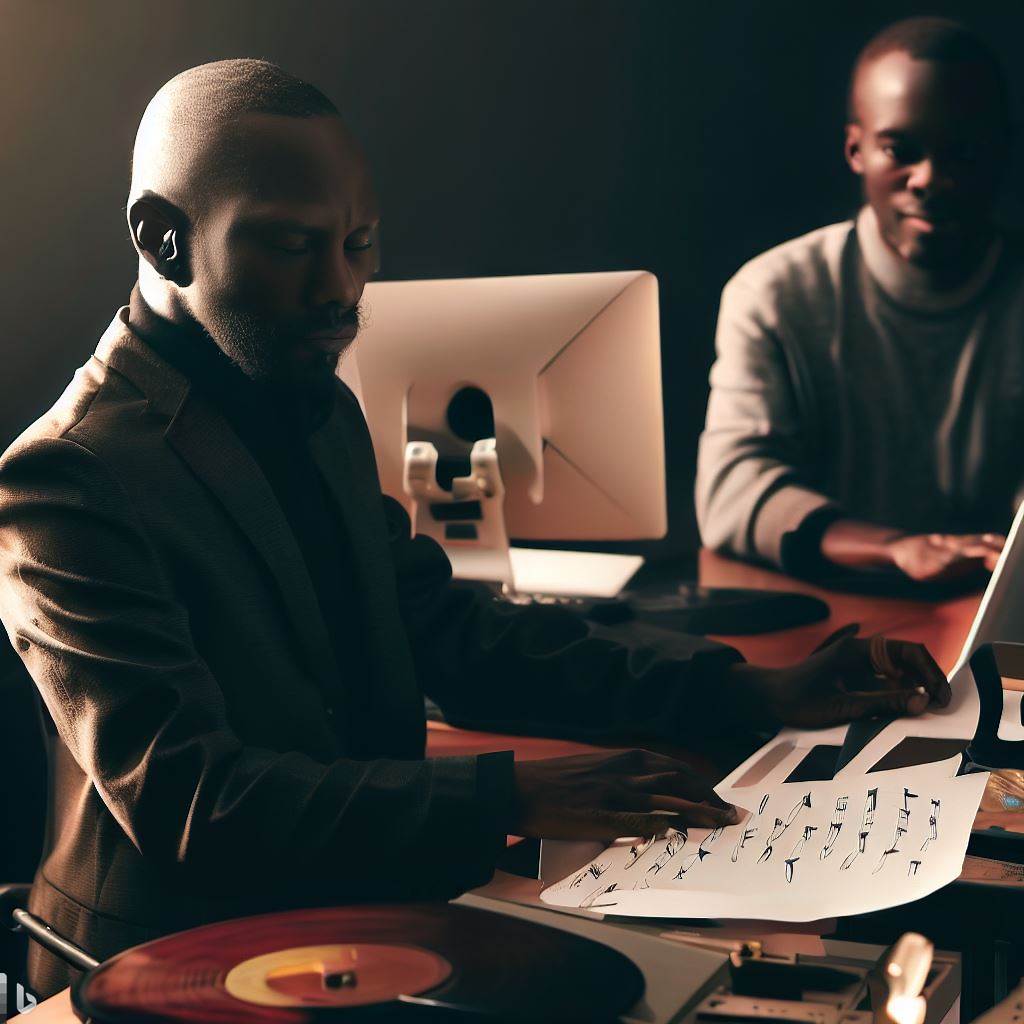
How to enforce musical composition right if breezed
Enforcing musical composition rights involves understanding copyright law. If your musical work is infringed, document your creation, register it with relevant authorities, and seek legal advice if necessary. Keep records of drafts, dates, and any evidence of originality to strengthen your case if a dispute arises.
Before registering a musical composition, ensure that: 1. Originality: Confirm your work is original and not a copy of existing music.
2. Fixation: The composition should be in a tangible form, such as sheet music or a recorded version.
3. Authorship: Clearly identify all contributors and their respective contributions to avoid disputes.
4. Date of Creation: Note the date when the composition was created, as it may impact certain rights.
5. Complete Documentation: Keep detailed records of drafts, revisions, and any other relevant information.
6. Clearances: Ensure you have the right to use any samples, lyrics, or elements from other copyrighted works.
7. Understanding Rights: Familiarize yourself with the rights you are registering, such as performance, reproduction, and distribution rights.
8. Legal Advice: If in doubt, seek legal advice to navigate the complexities of copyright law.
Once these aspects are considered, you can proceed to register your musical composition with the appropriate copyright office or agency.
The disadvantage of not getting a copy right for musical composition. Not obtaining copyright for your musical composition exposes you to several disadvantages:
1. Limited Legal Protection: Without copyright, you have minimal legal recourse if someone else uses or replicates your work without permission.
2. Difficulty in Enforcement: Copyright registration strengthens your ability to enforce your rights. Without it, pursuing legal action may be more challenging.
3. Loss of Royalties: Copyright facilitates earning royalties for the use of your music. Without it, tracking and receiving compensation for your work becomes more complicated.
4. Potential for Uncredited Use: Your work may be used without proper attribution, and you may not have a legal basis to insist on recognition.
5. Increased Risk of Plagiarism: Lack of copyright protection increases the risk of others plagiarizing or using your composition without consequences.
6. *Weakened Negotiating Position:* When licensing or selling your music, having copyright enhances your negotiating power and ensures fair compensation for your creative efforts.
7. Limited Control: Copyright provides you with control over how your music is used, preventing unauthorized alterations or distortions.
Overall, obtaining copyright for your musical composition is crucial for protecting your creative rights and the potential income associated with your work.



